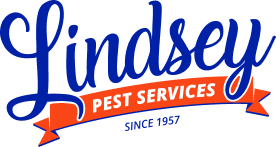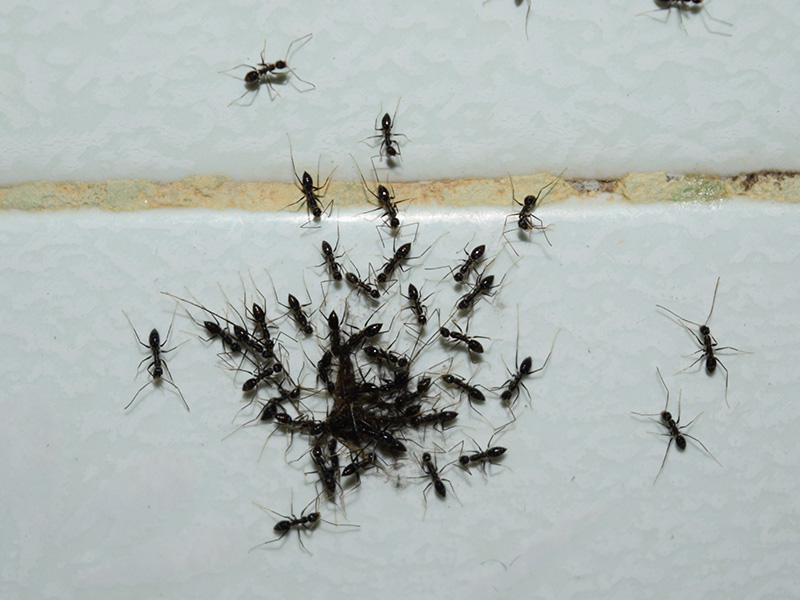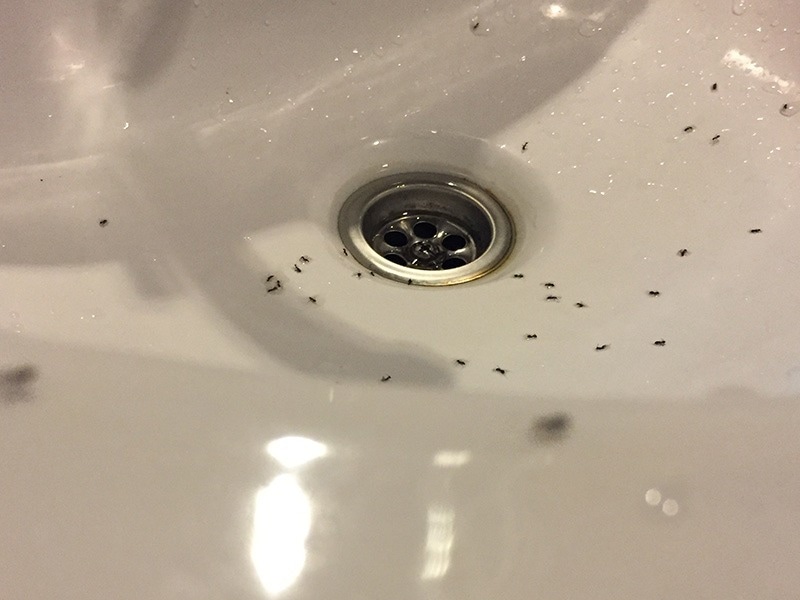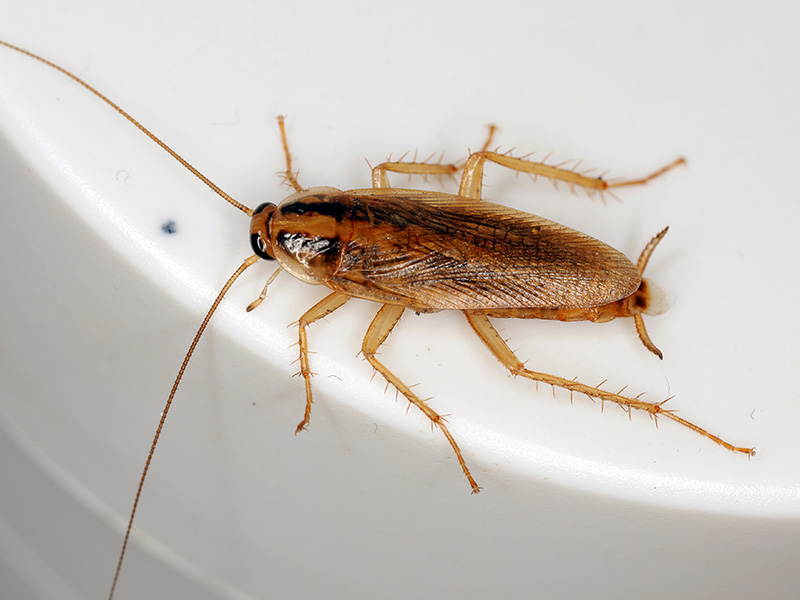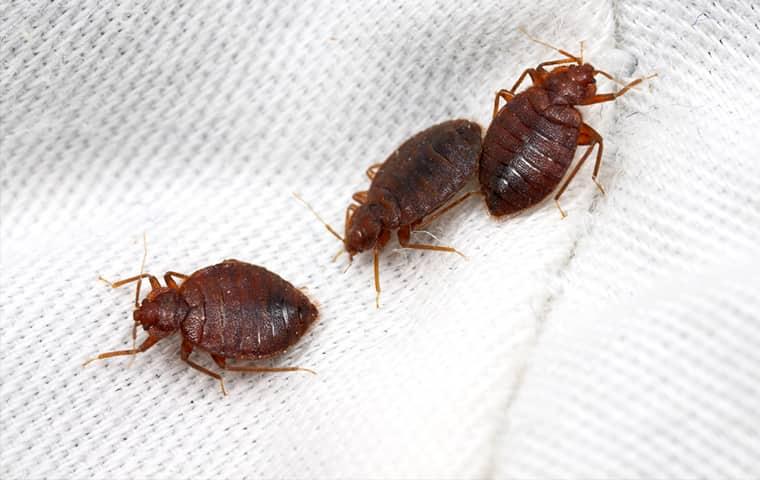The Pests Invading Jacksonville Pantries This Fall
Oct 17, 2018
Moths, not unlike other common insect pests, seem to invade homes more frequently in the fall months. Indian meal moths and casemaking clothes moths are among the most prevalent type of pantry pests likely to invade your home this fall. Both of these types of moths are drawn toward lights in and around your home because they use light as their main navigation source. Usually, their light source is the moon, so man-made lights around buildings and cities often confuse moths when they are flying by. Once inside your home, they may not be inclined to leave because of the available food and shelter sources.
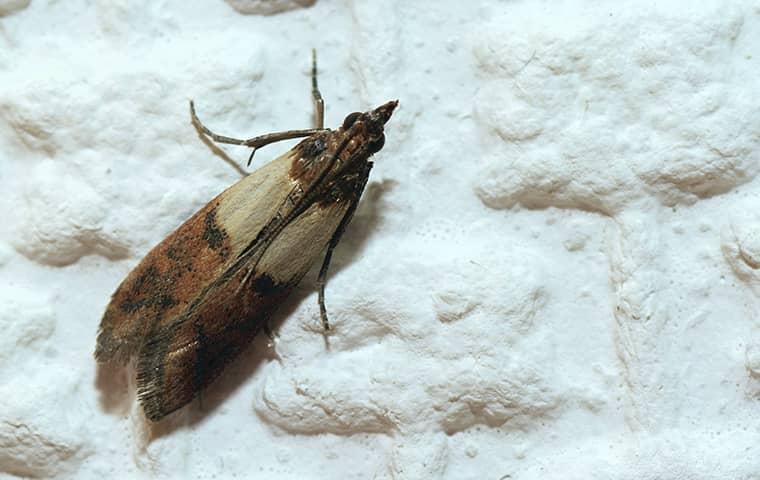
Casemaking Clothes Moths
These moths have long, narrow wings which are pale brown or gray in color. They tend to be attracted to a variety of fabrics, but are more prone to choose unwashed, worn, or old fabric materials to infest. While the moths themselves can be annoying to deal with, it is actually their larvae that you have to worry about. Clothes moth larvae will eat through old blankets, sweaters, sheets, and woolen items. They are not only attracted to the keratin found in many of these fabrics, but also sweat stains, beverage residue, and food that might be found in the fibers of the fabric they are eating. Casemaking clothes moths damage clothing, leaving holes in your best fabrics and laying eggs that lead to future infestations.
Indian Meal Moths
As one of the most common pantry pests, and they can cause serious problems if left unchecked. These tan and russet winged insects don’t feed when they are adults. Again, it is the larvae that cause most of the problems. Adult Indian meal moths seek out grains and cereals to lay their eggs in. Your flour, stored grains, seeds, and cereals are not safe. Indian meal moth larvae create an elaborate web-like substance across the foods they infest, rendering those foods inedible to humans. What’s worse is that these larvae are capable of chewing through cardboard and soft plastics, meaning storing food in these items won’t prevent them from becoming infected. Once Indian meal moths take over your pantry, several of your grains will end up becoming infested—which can become costly as groceries will need to be replaced.
From damaging fabrics to rendering many of your food items inedible, moths and their larvae are not a pest you want to deal with. The best and most efficient way to protect yourself from these insects is to call pest control experts from Lindsey Pest Services. We have a variety of treatment plans that are safe, fast, and effective, meaning you don’t have to worry about having a pest problem for long. Contact Lindsey Pest Services today to schedule your free inspection!
